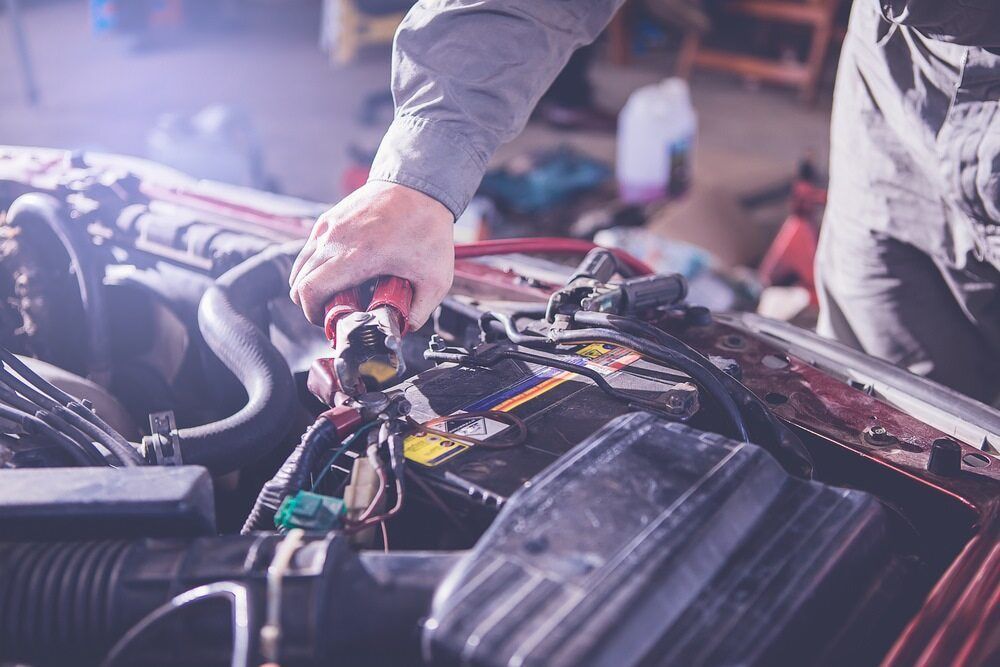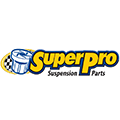Our Top 9 Auto Maintenance Tips
Here's what to keep an eye on...

Whether you're maintaining your personal car or managing heavy machinery for a business, regular upkeep is essential to ensure optimal performance and a long lifespan. Proper maintenance not only enhances efficiency but also prevents unexpected breakdowns that could lead to costly repairs or downtime. Here are the top 9 car maintenance and heavy machinery tips to keep your vehicle or equipment in top condition:
1. Regular Oil Changes
Changing the oil regularly is critical for both cars and heavy machinery. Oil lubricates the engine’s moving parts and prevents wear and tear. For cars, follow the manufacturer’s recommended oil change interval, which is usually every 5,000 to 10,000 kilometres. For heavy machinery, keep a maintenance log and adhere to the specific hours of operation or usage guidelines. Fresh oil reduces engine stress and improves overall performance.
2. Check Fluid Levels
Both cars and heavy machinery rely on a variety of fluids, including coolant, transmission fluid, brake fluid and hydraulic fluid. Low or dirty fluids can cause overheating, brake failure or gear malfunctions. Make it a habit to check all fluid levels regularly and top them up or replace them when necessary.
3. Inspect Tyres
Tyres are a crucial component of both cars and heavy machinery. For cars, checking tyre pressure monthly can improve fuel efficiency and extend the life of your tyres. Under-inflated or over-inflated tyres wear unevenly and increase the risk of a blowout. For heavy machinery, ensure the tyres are in good condition and free from cracks or excessive wear, as faulty tyres can lead to accidents or machine instability.
4. Regular Brake Checks
Brakes are vital for safety, whether you're driving a car or operating heavy machinery. For cars, get your brake pads checked at least once a year. Squeaking, grinding noises or a soft brake pedal are signs that your brakes may need attention. For heavy machinery, brakes endure significant stress due to weight and terrain, so it's essential to inspect them regularly to ensure they respond efficiently under load.
5. Clean Air Filters
A clogged air filter reduces the efficiency of your engine, leading to poor fuel economy and reduced power. In cars, changing the air filter every 12 months or 20,000 kilometres helps keep the engine running smoothly. For heavy machinery, air filters must be inspected and cleaned regularly, especially in dusty environments, to prevent engine wear and tear.
6. Battery Maintenance
Check the battery terminals for corrosion and ensure the battery is securely fastened. For cars, a dead battery can leave you stranded, while for heavy machinery, a weak battery can cause operation issues. Regularly test the battery’s charge and replace it if necessary, especially before long periods of inactivity.
7. Lubricate Moving Parts
Heavy machinery, in particular, has many moving parts that require proper lubrication to function smoothly. Regularly grease bearings, hinges, and joints to prevent wear and reduce friction. For cars, check belts and chains, ensuring they are properly lubricated and in good condition.
8. Monitor Warning Lights
For both cars and heavy machinery, don’t ignore dashboard warning lights. These indicators alert you to potential problems such as low oil pressure, engine overheating or brake system issues. Take action as soon as a warning light appears to avoid larger mechanical problems down the line.
9. Maintain a Regular Maintenance Schedule
A well-maintained schedule is key for both cars and heavy machinery. Follow the manufacturer’s guidelines for service intervals and document all work done, especially for heavy machinery where hours of operation are tracked. Sticking to a routine helps prevent major repairs and extends the life of the vehicle or equipment.
By following these essential maintenance tips, you’ll ensure that your car or heavy machinery continues to perform at its best, keeping it safe, efficient and reliable for years to come.












